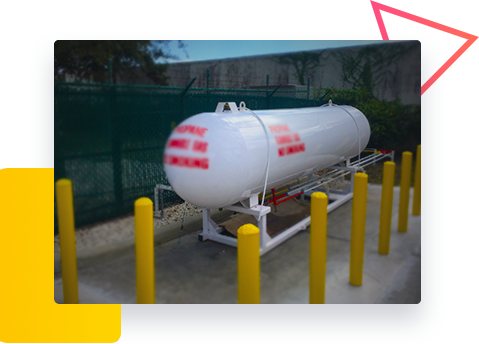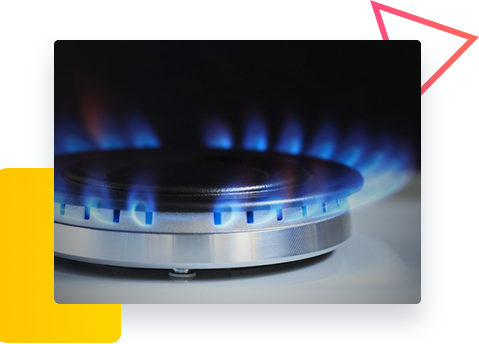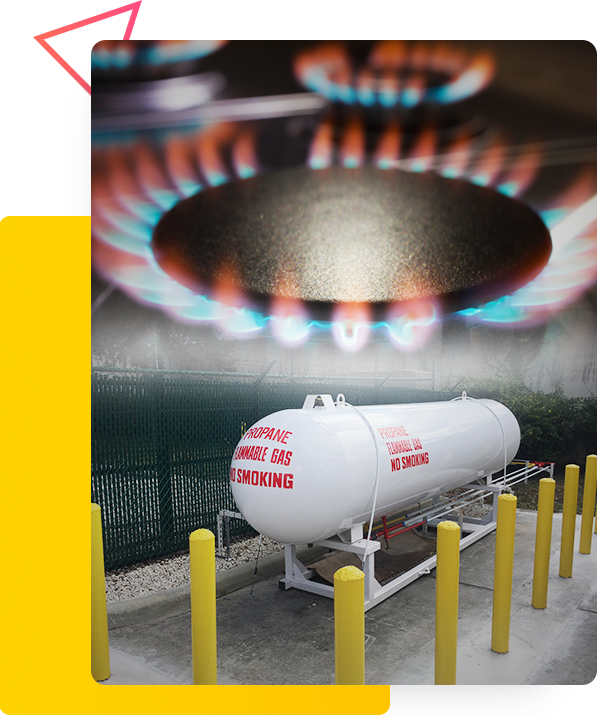LPG & Natural Gas
What is natural gas?
Natural gas and LPG are both in use in New Zealand, and there are some differences between the two that you should be aware of.
What is LPG?
- Liquefied Petroleum Gas (LPG) is the generic name for mixtures of hydrocarbons (mainly propane and butane) stored in the liquid state.
- LPG is colourless, odourless and heavier than air. A stenching agent is added to give it a distinctive and unpleasant smell, sometimes described as rotten cabbage, so that even a very small leak can be easily detected.
- LPG burns readily in air and is an excellent fuel for heating, cooking and for vehicles.
- In most places in the world LPG is propane gas. In other places butane is sometimes used. New Zealand is unusual in that its LPG is a mixture of both propane and butane. This is why it is important that imported LPG appliances are suitable for New Zealand’s mixture of gases.


What is natural gas?
- Natural gas is a highly combustible odourless and colourless hydrocarbon gas largely composed of methane. Natural gas is created in roughly the same manner as oil, by processes that act upon organic matter over millions of years.
- A stenching agent is added to give it a distinctive and unpleasant smell, sometimes described as rotten cabbage, so that even a very small leak can be easily detected. High combustibility coupled with ease of use and good clean combustion makes natural gas a highly valued resource.
- Natural gas is primarily used for heating homes, cooking and running appliances such as water heaters and clothes dryers.
What is the difference between natural gas and LPG?
Natural gas
- Consists mainly of methane. The large proportion of methane is one of the reasons natural gas has such a good safety record.
- Methane is lighter than air and will disperse relatively easily if there is a gas leak.
Liquefied Petroleum Gas (LPG)
- Is a hydrocarbon fuel comprised primarily of propane or butane, either separately or as a mixture.
- LPG is non-toxic, and non-corrosive.
- LPG is produced during the production of oil and gas, and is stored in tanks and transported by road tanker trucks or in cylinders.
- LPG is mainly stored in tanks in liquid form and is heavier than air.
- LPG tends to collect in low points and is more difficult to disperse than natural gas, so is therefore more prone to catch fire or explode if a leak occurs.

Peace of mind with dependable fuel supply, when you need it
Our Business is Customer Satisfaction.


